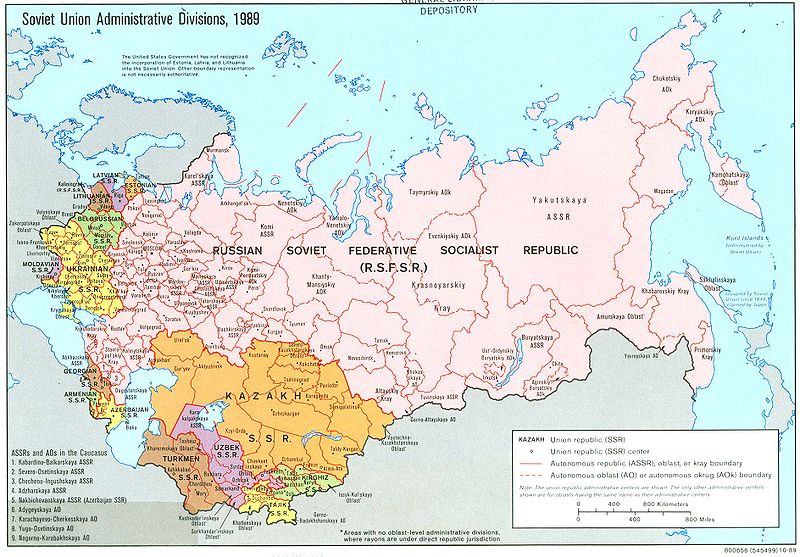Grzegorz Ekiert from Harvard University visited the CSS on Tuesday, 29 November 2011 and held a seminar on the question: “Do communist legacies matter?” In short, Mr. Ekiert’s answer was “not very much.” But this was not his main point. Instead, he focused on what this means for conventional approaches to understanding the social world.
In the immediate aftermath of the collapse of the Soviet Union, many political scientists thought that formerly communist countries would have a bumpy road ahead with respect to democratization. After all, the communist system had infringed on most features of people’s lives. For outsiders at least, this made it hard to believe that several decades of communist rule had not changed the respective societies profoundly. As we now know, however, many Central and Eastern European countries, such as Poland, the Czech Republic, Estonia, Latvia, and Lithuania democratized relatively painlessly and joined the European Union within a few years. In some places, transitions to democracy went so smoothly, and communist legacies seem to have mattered so little, that a number of analysts have started to question whether it still makes sense to focus on these legacies.
One of these thinkers is Mr Ekiert. He argues that previous approaches to explaining post-communist transitions have failed, and that it is time to look for alternatives. That was why he began to think about the relationship between continuity and change in history. Is it possible, he asks, that political scientists have, in recent decades, too narrowly focused on change at the expense of continuity? Could it be that there are “deep historical continuities” at work – continuities so powerful and long-lasting that the conventional frameworks of political science fail to explain them?

